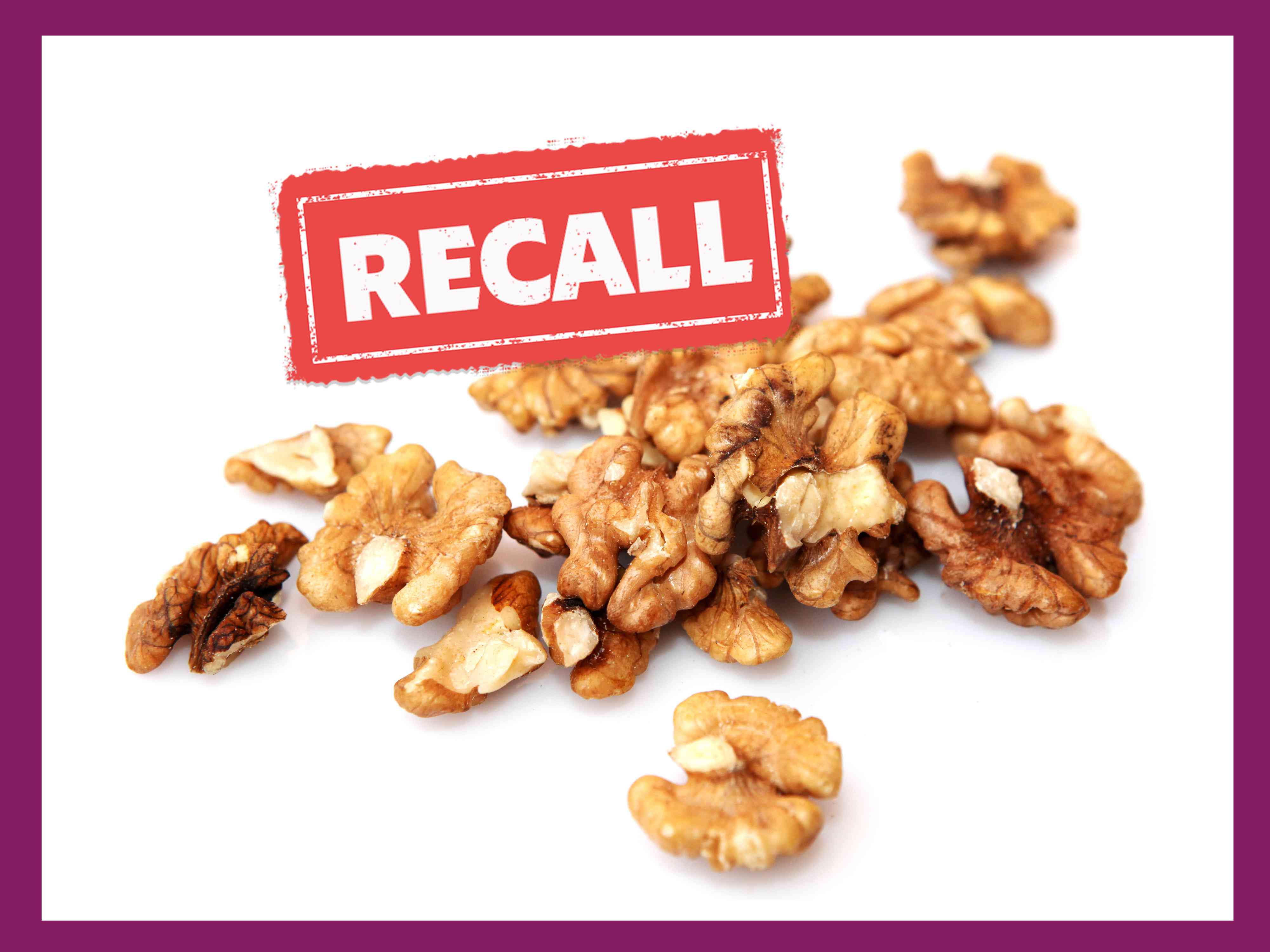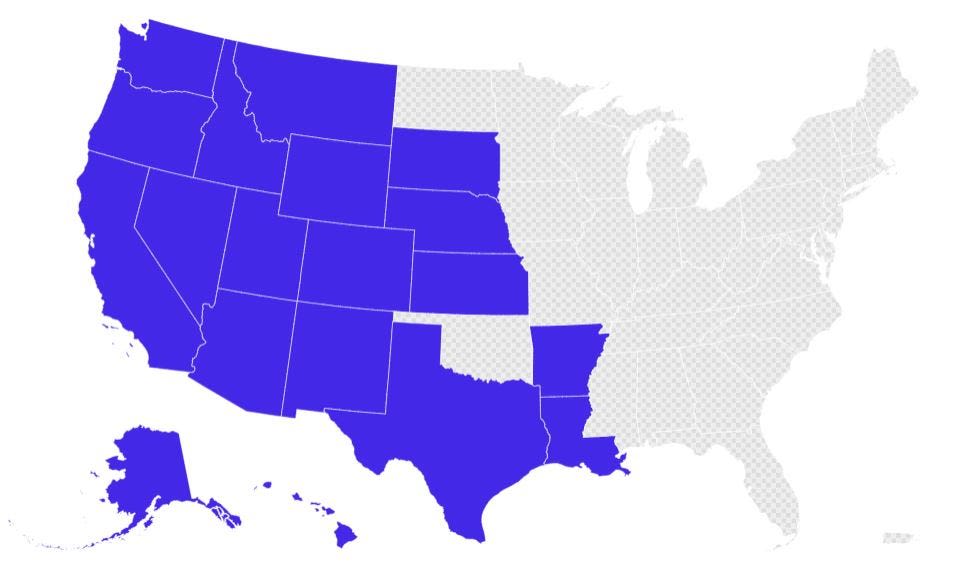Search results
News about Walmart, E. coli, ground beef
News about E. Coli, recalls, food
Also in the news
E. coli Symptoms You’ll probably start to feel ill 2 to 5 days of getting the E. coli bacteria. The most common symptoms are: Abdominal cramps; Diarrhea, which may be bloody; Nausea;...
Dec 23, 2021 · We explain how to spot E. coli symptoms, the most common ways you can get E. coli, and how to treat and prevent infection.
Mar 4, 2023 · When to Seek Care. A gastrointestinal (GI) infection with Escherichia coli ( E. coli) causes symptoms that include nausea, vomiting, and diarrhea. Complications of some strains can include dehydration and kidney failure. A GI infection with E. coli can cause major disruptions to the stomach and intestines.
Nov 12, 2022 · Symptoms. The most common type of E. coli that causes illness is Shiga toxin-producing E. coli (STEC). The common symptoms of gastrointestinal (GI) disease caused by STEC are: Diarrhea (may be bloody) Stomach cramps. Vomiting.
- www.mayoclinic.org
- › …
- › Diseases & Conditions
Oct 1, 2022 · Most strains of E. coli bacteria are harmless, but some can cause severe symptoms. Learn about symptoms and treatment of this common foodborne illness.
- www.who.int
- › Newsroom
- › Fact sheets
- › Detail
Feb 7, 2018 · Escherichia coli (E. coli) is a bacteria that is commonly found in the lower intestine of warm-blooded organisms. Most E.coli strains are harmless, but some can cause serious food poisoning. Shiga toxin-producing E. coli (STEC) is a bacterium that can cause severe foodborne disease.
Escherichia coli (abbreviated as E. coli) are a large and diverse group of bacteria. Although most strains of E. coli are harmless, others can make you sick. Some kinds of E. coli can cause diarrhea, while others cause urinary tract infections, respiratory illness and pneumonia, and other illnesses.



